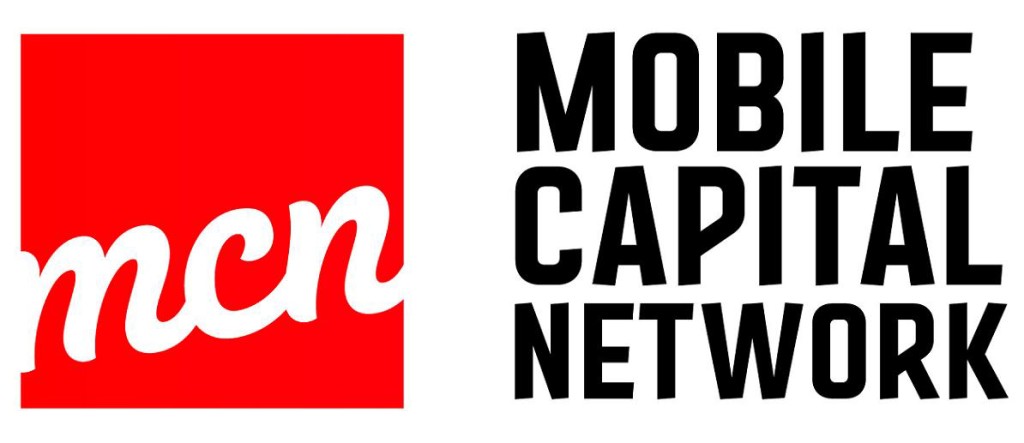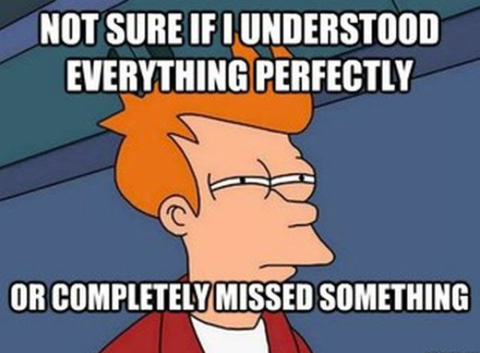“Your third SR&ED claim has to be less than the second claim, but more than the first….”
“You aren’t supposed to claim all of your SR&ED eligible work in the first year….”
“If my first claim is audited, they won’t accept any subsequent claims….”
Over the years, we have heard all sorts of different reasons as to why companies have had their SR&ED claims audited. However, in our experience, it is safe to say that these arcane reasons are not why a claim is audited. MCN consultants have attended dozens of SR&ED audits, and have had the chance to ask CRA reviewers why claims are audited. Consistently they respond with the following answers:
“The technical report did not demonstrate a good understanding of SR&ED eligible work….”
“There were some mistakes or misunderstandings in the financial components….”
“Every year a certain number of clients are selected for audit at random….”
The SR&ED program is a self-assessed program. What this means is that companies who submit SR&ED claims must understand what constitutes SR&ED eligible work, what does not, and what expenditures are eligible for the program. In order to ensure that companies assess their claims properly, the CRA will call on companies to demonstrate that they understand the program.
Another key point is to make sure that your organization claims all of its eligible work. Telling a CRA reviewer that the claim was conservative and didn’t include all eligible work doesn’t hold much water. More often than not, the CRA reviewers will tell you not to short change yourself, and that such ‘conservative’ decisions may indicate that you don’t completely understand the requirements of the program – the reviewer’s reasoning for this is that anytime you reduce your claim for non-logical reasons, it may be because there are inadequacies in other parts of the claim.
Consequently, we tell our clients not to concern themselves with ‘mythical’ reasons for an audit. If the work meets the SR&ED eligible criteria, it ought to be claimed. Similarly, if the work is not eligible, it should not be claimed. In addition (even when using consultants), it is still important for the client to understand the SR&ED work eligibility requirements. Understanding these two key points will ensure that you maximize your claim, while simultaneously reducing your chances of an audit and eliminating the potential for a claim reduction if an audit occurs.



